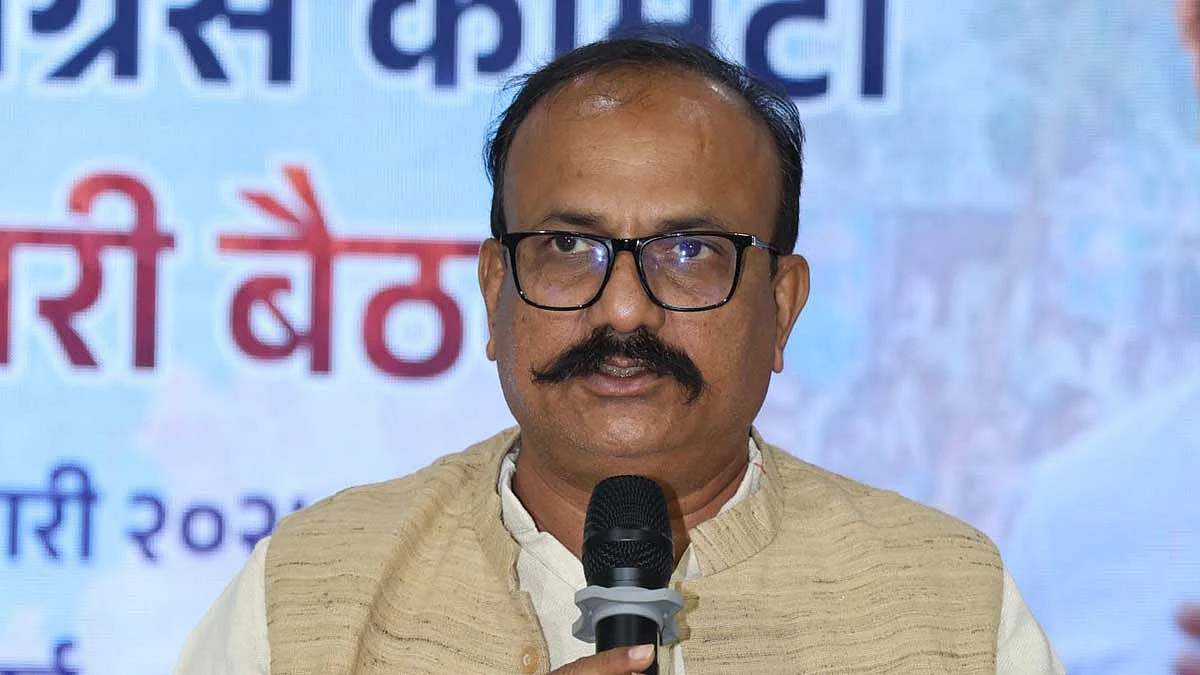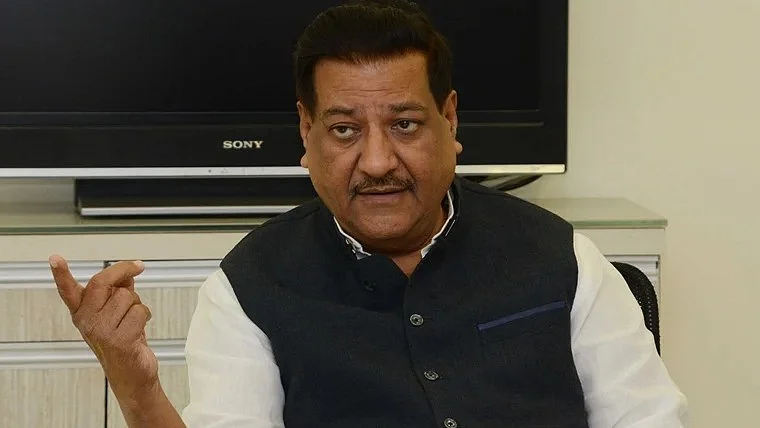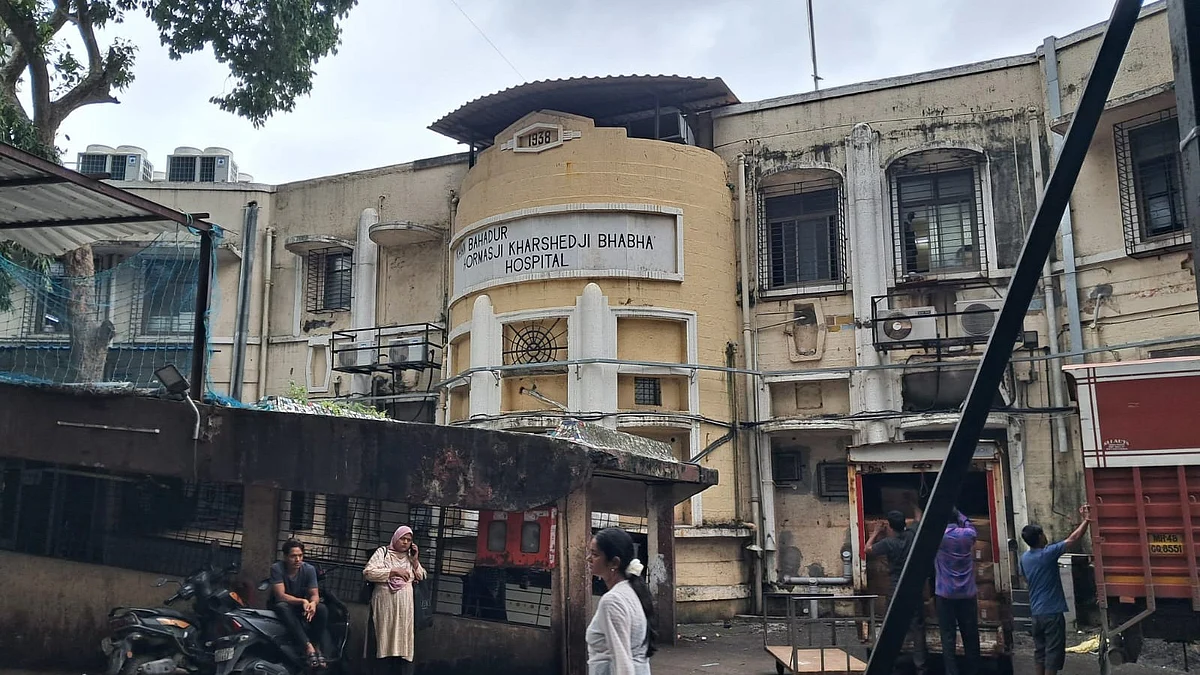The media reports on the recent conviction and sentence of Rahul Gandhi do not enlighten us on critical legal and constitutional issues. The correctness of the verdict against Gandhi cannot be discussed because the matter is in a higher court, in appeal.
Pertinently, Section 499 of the Indian Penal Code, 1860 is still on the statute book. In a judgment delivered on May 13, 2016 in the case of Subramaniam Swamy v. Union of India, Ministry of Law & Others 2016 (7) SCC 221, the Supreme Court declared that this provision is Constitutionally valid. Any debate about the legality and validity of this provision is futile still post Rahul Gandhi’s case. Someone has approached the SC questioning the legality and validity of this provision. Some commentators and writers are not even aware of Swamy’s judgment. We are oblivious of the fact that the Constitution of India confers the right to freedom of speech and expression, but that is not absolute. Reasonable restrictions can be placed on this freedom by a law and the presence of Article 19(1)(a) does not prevent the State from doing it. It is beyond doubt that no citizen of India in exercise of this freedom can malign anybody. Defamation is both a civil wrong and criminal offence. Damaging other person’s reputation is punishable under the Indian Penal Code, 1860. Section 499 thereof contains four explanations and 10 exceptions. The explanations say that what is stated therein, if committed, may amount to defamation. That inter alia includes imputation of anything to a deceased person, if the imputation would harm the reputation of that person had he been living and is intended to be hurtful to the feelings of his family or other near relatives. The section also contains illustrations guiding the courts in dealing with defamation charges. Hence, there are inbuilt checks and safeguards against misuse of this section. The courts at all levels must hold in each case that the ingredients are fully satisfied and the exceptions are inapplicable, only then a conviction and sentence can follow. Hence, at election rallies, prominent political leaders have to be careful and cautious. Their speeches cannot kickstart a vilification campaign. Self-restraint means norms and limits of decency and decorum are not crossed. Thus, a balancing act has been performed by the parliament.
Every criminal case has to be tried by strict adherence to the substantive provisions of the Code of Criminal Procedure, 1973. The code contains elaborate provisions insofar as the jurisdiction of the criminal courts in inquiries and trials (Chapter XIII) and enumerates as to who can prosecute for defamation. Section 199 of this Code unambiguously states that no court shall take cognisance of an offence punishable under Chapter XXI of the Indian Penal Code, 1860 except upon a complaint made by some person aggrieved by the offence. The various sub sections of this provision ensure non-suppression of criticism or adverse comment. Real democracy means debate, dissent, free and frank public discourse. Alleging criminal defamation the State/police cannot be approached but a complaint can be entertained by the court.
It is necessary to caution the media and publishers that the Penal Code punishes anybody printing, engraving and selling any matter knowing or having good reason to believe that it is defamatory of any person. Therefore, mere publication of some news item or article attributing certain utterances to a person may not be a punishable offence, but everything depends upon the facts of each case. Ultimately, public good is the underlying theme.
The general impression is that the Surat court acted with unusual speed and expediency in concluding the trial. With greatest respect, it is the duty of courts to render justice, without fear or favour, affection or ill-will. A court of law is obliged to prevent abuse of its process. Criminal courts should not permit casual rebuttal of the presumption of innocence. Mandate of Article 21 of the Constitution needs to be borne in mind. Before recording a conviction and imposing sentence, the trial court must appreciate the evidence on record bearing in mind the Constitutional guarantees. The trial courts are the foundation on which the higher judicial structure can rest firmly. The Surat court invited criticism as it imposed maximum sentence and allegedly did not adhere to the principle of proportionality. Whether adequate and sufficient reasons have been assigned for imposition of two years’ sentence will have to be scrutinised and tested by the appellate court. Even if the appellate court upholds Gandhi’s conviction, it can interfere with the quantum of punishment, if it concludes that the same is unreasonable and disproportionate.
It is possible that errors may have crept in. There is an assurance of fairness and equality inasmuch as the Code of Criminal Procedure contains Chapter XXIX titled as ‘Appeal’. Section 374, Sub Section 3 states that any person convicted on a trial held by a Magistrate or Assistant Sessions Judge or sentenced, may appeal to the Court of Session. Hence, a Right of Appeal having been exercised in this case, all pleas on merits are open.
By virtue of the maximum sentence imposed on the accused, he stands disqualified under Article 102 (1)(e) of the Constitution of India. This is because of sub section 3 of Section 8 of the Representation of the People Act, 1951. Merely because the sentence has been suspended or an appeal is pending will not avert disqualification, is the law. The Constitutional provision read together with the RP Act operates on its own. Since the Parliament Secretariat concluded that the disqualification is automatic, the concerned constituency is now without any representation in Parliament. The Constitution as also the election law envisages population-wise representation to each State (See Article 81 of the Constitution).
In such circumstances, Gandhi’s trial raises several legal and constitutional issues. Throughout he alleged that he was not allowed to speak in Parliament. The ruling party was contemplating action against Gandhi for alleged breach of privilege. While all this was going on, the trial court at Surat pronounced him guilty of defamation. The ruling party achieved through the court what was otherwise not simple via Parliament. The larger damage and harm to Parliamentary democracy and the image of the judiciary worries me immensely. Members of the judiciary are expected to act responsibly even in fast-tracking criminal cases involving elected representatives. No doubt, they have to be disposed of early but in prioritising them a reasonable classification is imperative. A true representative of people should not have criminal antecedents, is understandable. Whether an offence punishable under Chapter XXI of the Penal Code should be placed at par with grave crimes is an issue of great public Importance and will have to addressed now or later. Else, selective disqualifications may follow.
It is the duty of all political parties to ensure not mere survival but healthy growth and development of parliamentary democracy. Those in opposition today may be tempted to indulge in the same acts, for which they hold the present rulers responsible.
The writer is an advocate and retired judge, Bombay High Court










